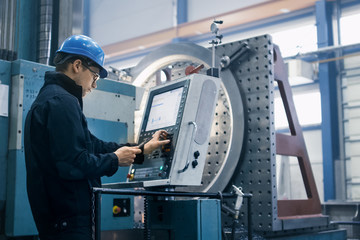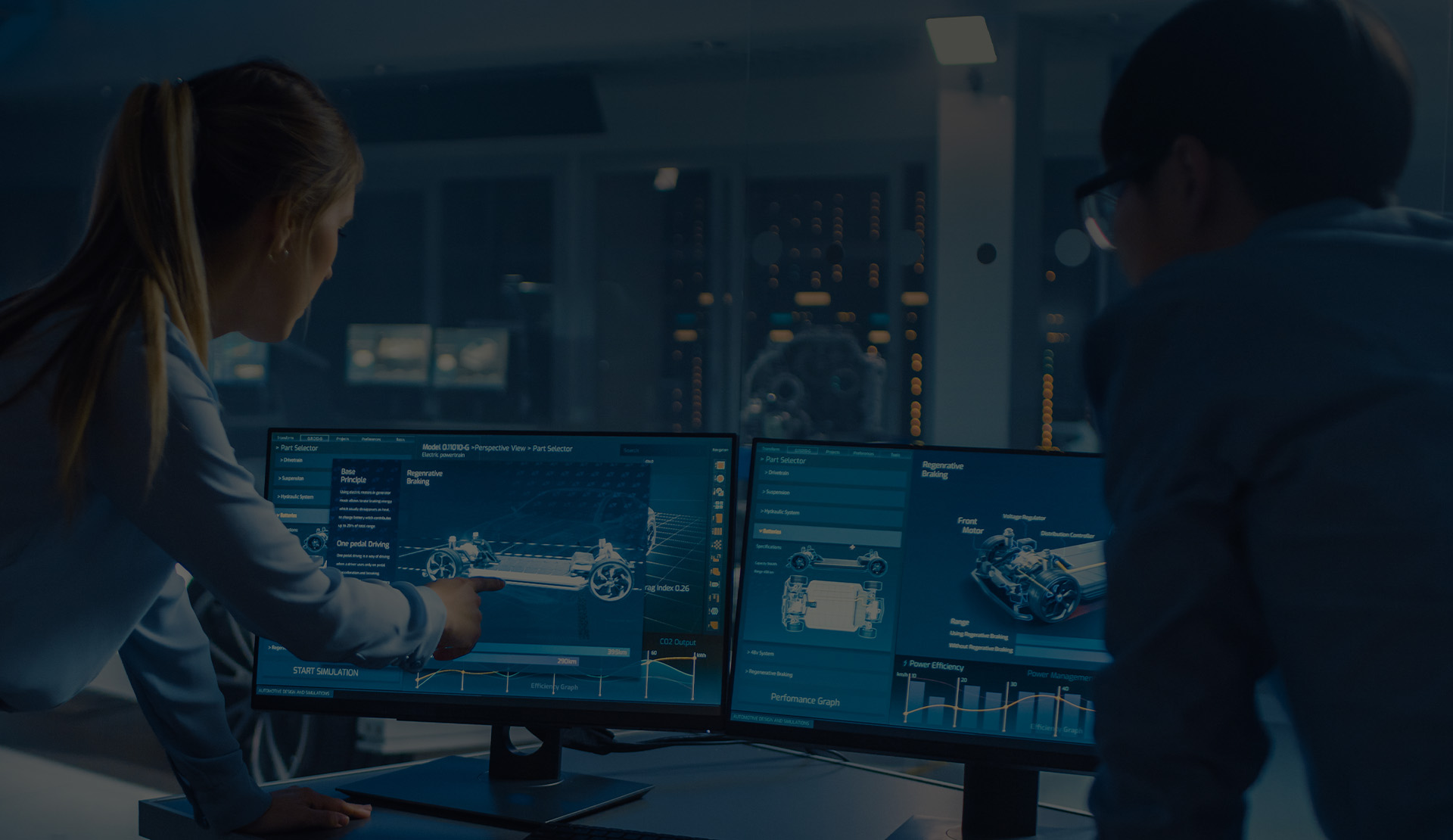
Discovering
Industry

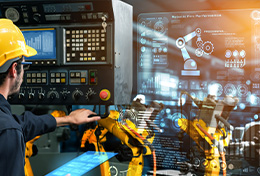
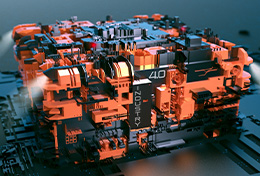
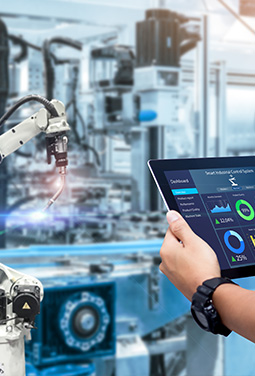
Industrial technologies
Artificial intelligence at the heart of Industry 4.0
Digitization and the use of digital technologies are imperative in several economic sectors and in particular in industry. We thus speak of Industry 4.0 to designate the industry using information and communication technologies. Among these is artificial intelligence.
In fact, the contributions of said technology are numerous in the industrial field. This new technology contributes to the automation of a large part of the tasks by substantially optimizing productivity. The machines used are “intelligent” in that they are more autonomous and “make decisions” based on the data they process. Artificial intelligence is also involved in the process of inventory management and order picking with robots. Further more on industry-goods.com.
Plastic assembly
and machining

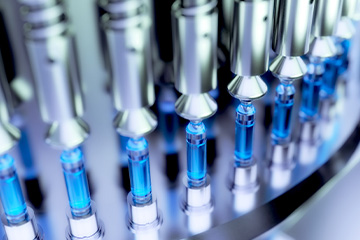
Plastics, a booming innovative industry

The plastics industry, like many industrial sectors, benefits from the development of new techniques and technologies for the transformation of materials and the manufacture of finished products. One of these techniques is thermoforming, which involves heating a material like plastic and then shaping it into the desired shape using a mold. To learn more about this process and its various applications, visit www.saric.com. Thermoforming thus makes it possible to manufacture plastic parts for the automotive and medical sectors, etc.
One of the many advantages of thermoforming in the machining of plastic parts is the speed to produce a large number of parts in a short period of time compared to other techniques. The tools and machines used are easy to handle. Once brought to the right temperature, the heated material is poured into a mold. Once cooled, it is extracted to have the desired final shape, more details on technoindustry.info.
Industrial tools
Industrial machinery and equipment
Any industrial manufacturing process requires a set of equipment and machines. While some machines are common to several industrial sectors (plastics, metallurgy, etc.) or show the resemblance of certain phases during production (heating of the material), others are specific to a particular sector. In general, handling, packaging and labeling equipment are almost the same (forklift, trans-pallets, etc.). Most often, programmable logic controllers and robots are used to automate certain tasks, more information aout ths subject visit www.eumetrys-robotics.com.
Manufacturing process
Machining and assembly of parts
In industry, the production of a finished product encompasses several stages such as the machining and assembly phase of parts. Indeed, often a product consists of a set of parts manufactured separately in the same production line or supplied by other suppliers. Machining is used to give the desired shape to the part by transforming a starting material (glass, plastic, etc.) by heating it, for example. As for the assembly, it can be carried out through various processes such as welding, the use of rivets or screws …
Compliance with standards
Quality in industry
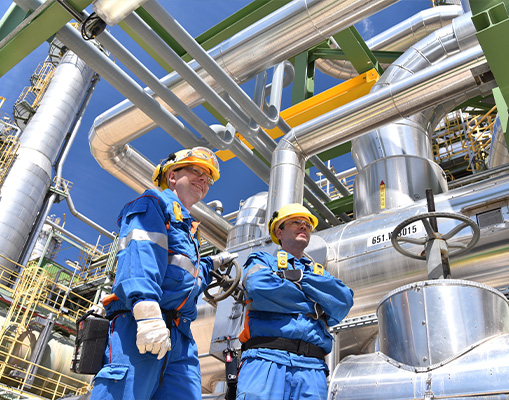
Compliance with standards
Certification of industrial processes and products
To implement a quality policy in industry, you have to work on two aspects. The first is that of process certification. In fact, conforming to the standards in force and using certified techniques constitute means of achieving quality products and a conformity indicator in relation to a given reference system.
The second component for the implementation of a quality policy is the certification of the product itself. It is about compliance with standards for obtaining a certificate. The process involves all the personnel involved in the production chain to comply with certain specifications. Following an audit by a certification body, the decision will be made: whether or not to issue the certificate in question.
Industry trades
Industrial sectors and employment market

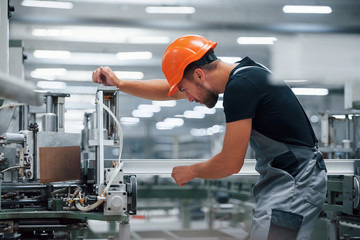
Maintenance technician: fault detection
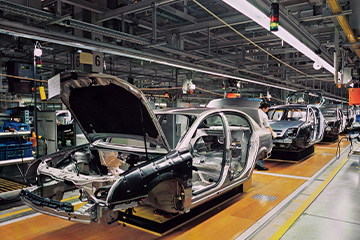
Dessinateur industriel – Industrie automobile
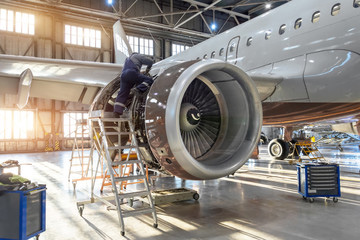
Roboticist – Aviation industry

Roboticist – Aviation industry
Metrologist – Medical Industry
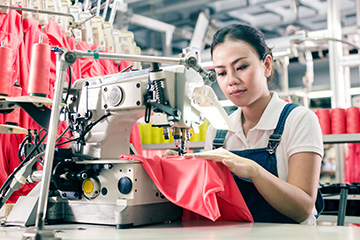
Pattern maker / grader –
Textile
industry
